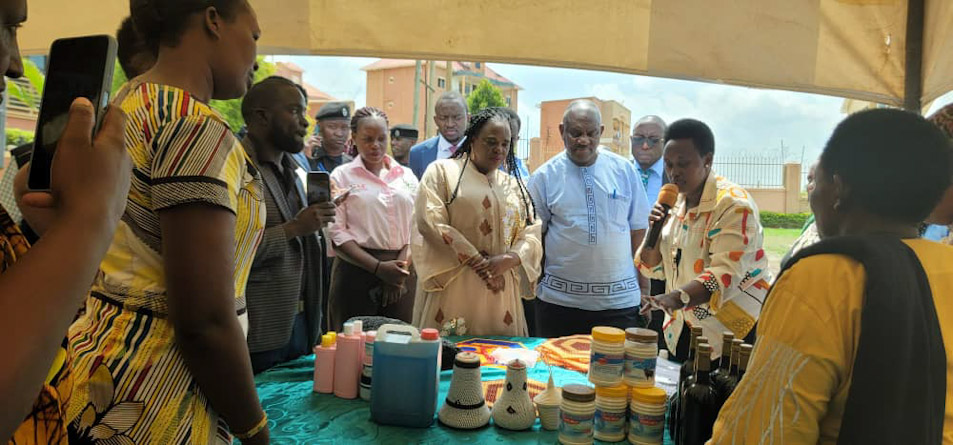Minister Amongi called women’s to embrace on government program
The Government of Uganda is committed to economic and social empowerment of women in this Country, gender, labour and social development minister Betty Amongi has disclosed.
While opening a training and orientation of women entrepreneurs on the Business Development services provided under the Generating Growth Opportunities and Productivity of women (GROW) enterprise project, she called on the women to embrace government programs aimed at economic empowerment.
“I wish to draw your attention to the fact that many of the Ugandan women today are talking about owning Micro and Small enterprises which are still vulnerable to economic shocks,” she says in a training for Ankore sub region held at Mbarara City on Friday.
“Many of them still find it difficult to access information on Government programs hence, it is important, therefore, that you reach out to them in your constituencies and guide them about the GROW Project in addition to other Government Programs,” she added.
She added that the Ministry of gender, labour and social development will continue to design and implement programs that transform communities and individuals, especially vulnerable women, children and youth in order to have an empowered population.
“If we work together, we will be able to attain a ‘transformed Ugandan society from a peasant to a modern and prosperous country,” she says.
She advised people to use this opportunity to continue appreciating the World Bank for the support they offered to the Government of Uganda as seen in numerous projects they are funding in the country.
“On behalf of the Ministry of Gender, I want to pledge our commitment to the implementation of the Project and delivery of the services as planned and I request you to do the same as well,” she added.
She noted that the interventions under the GROW Project are responding to the many challenges faced by women Entrepreneurs, ranging from social, economic, and psychological, including lack of networks, capital shortage and low capacity to expand and grow their businesses.
By Arao Denis

